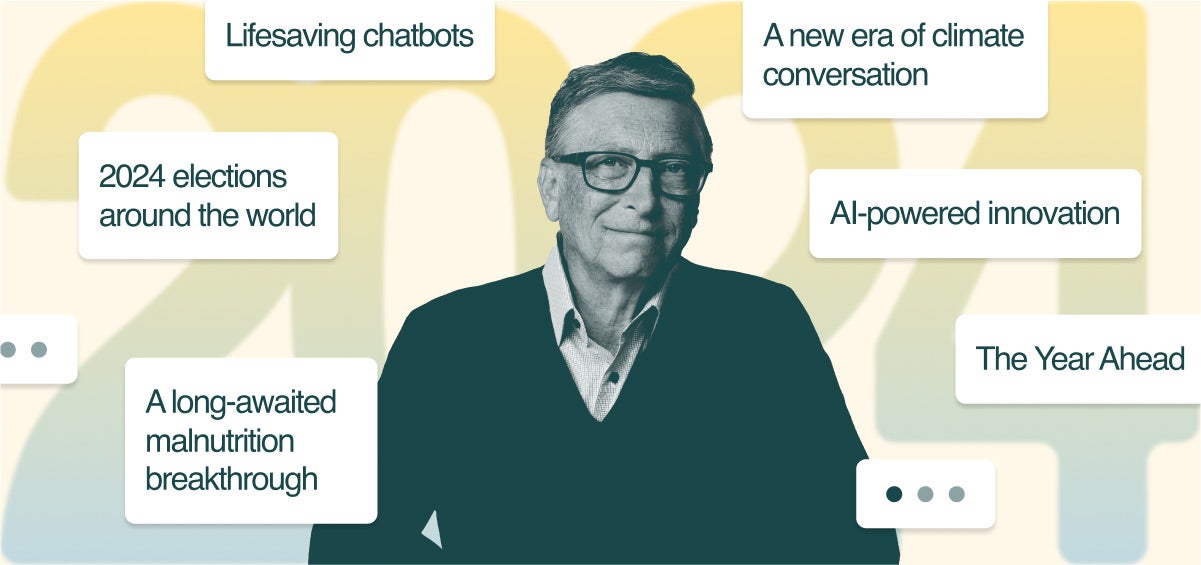Artificial Intelligence (AI) is gaining widespread adoption across various industries and business functions, fundamentally transforming the way companies operate. From marketing to human resources, AI is playing a pivotal role in automating tasks, enhancing data analytics, and facilitating quicker and smarter decision-making.
Here are the top insights into the diverse applications of AI in business:
Table of Contents:
- Content Generation
- Marketing
- Sales
- Customer Service
- IT Operations
- Human Resources
- Cybersecurity
- Legal Departments
- Accounting
- Finance
AI in Business: A Comprehensive Overview
AI offers numerous use cases and significant advantages to businesses across industries and focal points. According to McKinsey’s research, nearly 50% to 60% of companies have implemented AI tools or resources. Let’s explore some of the primary ways in which AI is revolutionizing business operations:
1. AI Automation
Every role involves repetitive, manual tasks such as email checks, data entry, and report generation, which consume valuable time. Research by UiPath shows that 67% of respondents find themselves continuously performing these repetitive tasks, amounting to an average of four and a half hours per week.
AI comes to the rescue by automating these routine tasks, saving time, boosting productivity, reducing the risk of errors, and increasing team member engagement. Various AI tools are available for specific business functions, such as chatbots for customer service, applicant tracking systems for recruitment, and payroll platforms for accounting.
2. Enhanced Data Analytics
Artificial intelligence and machine learning tools excel at processing and analyzing vast datasets at remarkable speeds and scales beyond human capability. Consequently, AI can identify hidden patterns, behaviors, and trends that might elude human analysts, enabling the prediction of future outcomes based on historical data.
Enhanced data analytics applications encompass predicting customer churn, recognizing employee turnover trends, projecting revenue, and detecting fraud patterns or irregularities.
3. Improved Decision-Making
Leveraging insights from enhanced data analytics, AI supports improved decision-making processes. AI aids in identifying new business opportunities, flagging operational hurdles, personalizing offerings and outreach based on customer data, and preparing for potential challenges.
A classic example is airlines employing predictive AI analytics to optimize ticket prices, factoring in demand patterns, consumer behavior, competition, and real-time variables to make informed pricing decisions.
These are just a few illustrations of AI’s manifold applications in the business landscape. Despite AI’s significant benefits, human expertise remains crucial to ensuring the accuracy and credibility of vital business processes.
Let’s now delve into how AI is actively integrated into diverse business functions:
1. Content Generation
Content creators are increasingly embracing generative AI tools to streamline content generation processes. Tools like ChatGPT, Google Bard, and Jasper enable users to input text prompts for generating written content such as outlines, emails, or blog posts rapidly. Tools like Midjourney, Stable Diffusion, and DALL-E generate images based on textual input.
The advantages of using AI for content creation include increased productivity, creative inspiration, and AI-powered analytics for content optimization. However, AI-generated content should be proofread, fact-checked, and edited to align with brand voice, style, and guidelines.
2. Marketing
AI tools and machine learning algorithms empower marketing teams to analyze data, identify customer trends, optimize campaigns, and enhance the customer experience. Besides improving marketing results, AI automates manual tasks, as reported by 74% of marketers surveyed by Drift.
AI applications in marketing encompass enhanced market research and competitor analysis, improved audience segmentation and personalization, and predictive marketing analytics.
3. Sales
Predictive analytics and AI-powered algorithms provide sales teams with insights into customer behavior and preferences while automating and enhancing sales operations. AI benefits sales teams by automating tasks, forecasting demand, scoring leads, and personalizing outbound email campaigns.
4. Customer Service
AI transforms customer engagement by facilitating faster responses, 24/7 availability, and tailored solutions. AI-powered chatbots, self-service systems, and enhanced analytics are common applications enhancing customer service quality.
5. IT Operations
AI has become integral in IT operations, forming the basis of "AIOps" (AI for IT Operations). AIOps centralizes IT operations tools, enabling swift responses to slowdowns and outages, reducing disruptions, and offering predictive capabilities.
Key AIOps advantages include faster issue resolution, lower operational costs, improved collaboration between IT teams, and efficient resource allocation.
6. Human Resources
AI optimizes the employee lifecycle, aiding in sourcing, recruiting, onboarding, and talent management. HR professionals benefit from AI tools in content creation, candidate screening, candidate engagement, and workforce planning.
7. Cybersecurity
AI plays a pivotal role in bolstering cybersecurity defenses. It excels in threat detection and response, security monitoring, and bot prevention. However, the use of AI in cybersecurity also requires careful consideration of security and privacy risks.
8. Legal Departments
AI simplifies numerous legal tasks, including research and analysis, contract review, document automation, and compliance checks. It streamlines operations, enhances efficiency, and improves the accuracy of legal processes.
9. Accounting
Accounting teams can automate manual tasks like data entry, payroll management, and tax audit support using AI tools. This streamlines operations, reduces errors, and ensures financial accuracy.
10. Finance
AI empowers finance teams with real-time data analysis, fraud detection, compliance management, and forecasting. CFOs are keen on using data analytics, AI, and automation to drive standardization and efficiency.
Embracing AI across all facets of your business streamlines processes, leverages data for better decisions, and empowers teams to focus on strategic priorities. Successful AI initiatives are synergistic collaborations between human expertise and AI capabilities.
If you seek expert support to maximize the benefits of AI for your business, consider engaging independent AI professionals available on platforms like tenten. Skilled AI engineers can assist in identifying and implementing impactful AI solutions, aligning with your budget and business requirements through Project Catalog™.






